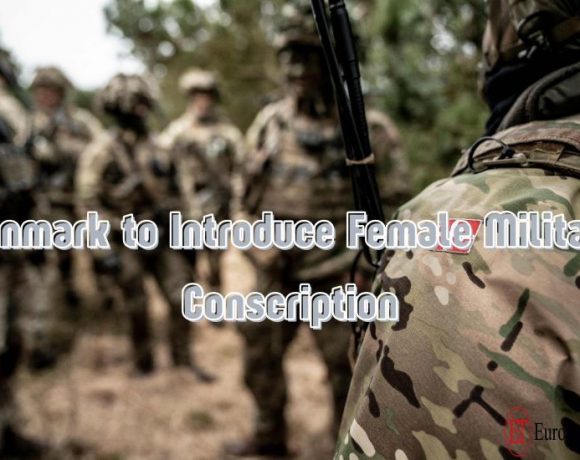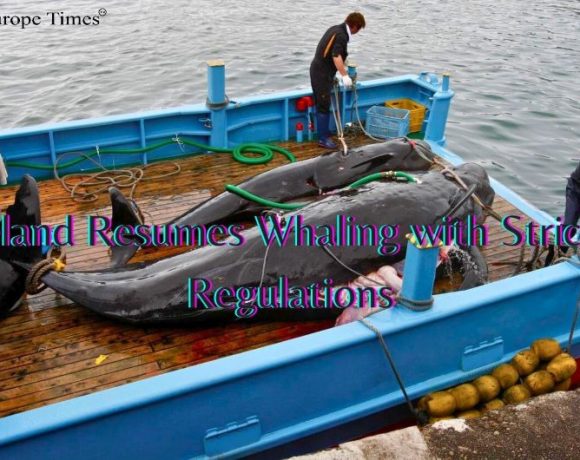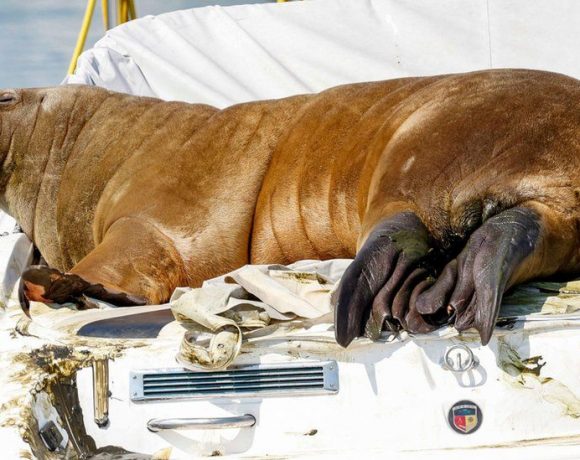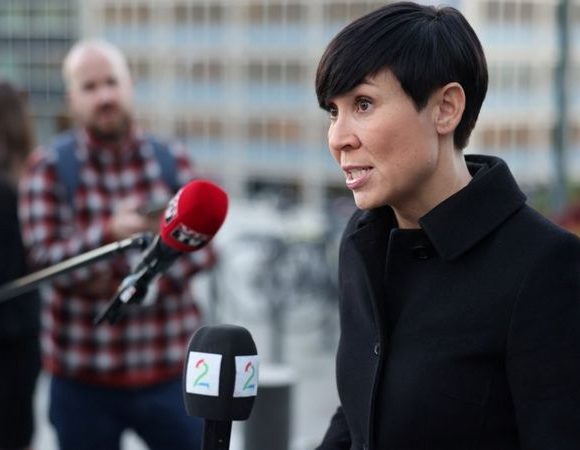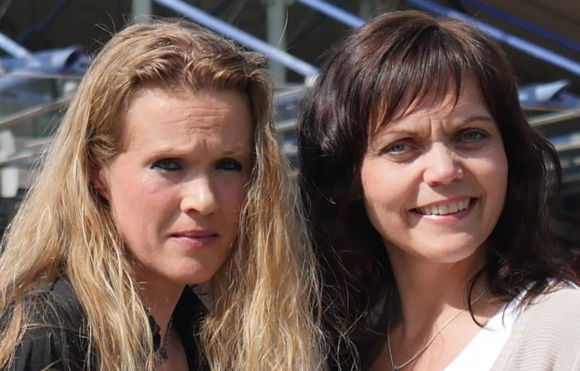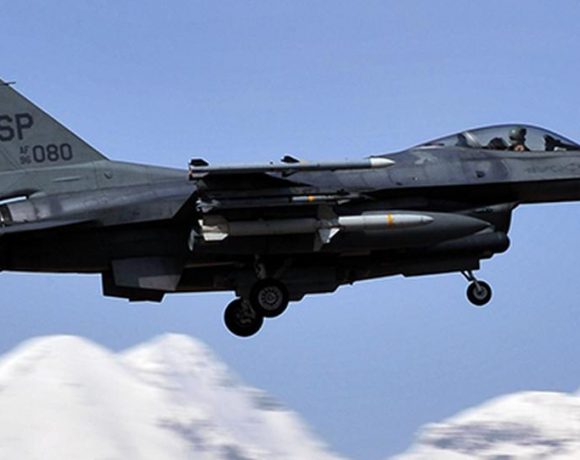
The first batch of much-anticipated F-16 jets has arrived in Ukraine, according to Lithuania’s foreign minister and a U.S. official on Wednesday. This delivery is expected to aid Ukraine in restoring its weakened air force. The F-16s, manufactured by Lockheed Martin, have long been sought by Ukraine due to their significant firepower and widespread availability. Equipped with a 20mm cannon, these fighter jets can carry a variety of bombs, rockets, and missiles. Lithuanian Foreign Minister Gabrielius Landsbergis remarked on X (formerly Twitter) that “F-16s in Ukraine. Another impossible thing turned out to be totally possible.” A U.S. official, who wished to remain anonymous, confirmed that the delivery has been completed.
Denmark has pledged a total of 19 jets, while the Netherlands has committed to delivering 24 aircraft. Both nations have played a key role in forming an international coalition to supply Ukraine with F-16s. Norway has also announced it will donate six F-16 fighter jets. Ukrainian pilots and ground personnel have undergone training with the help of Western allies for several months.
As Ukraine has fought against Russia’s full-scale invasion that began in February 2022, it has relied on a limited fleet of Soviet-era aircraft. Ukrainian officials consider the addition of F-16s a crucial enhancement for their Air Force. However, analysts and officials indicate that while the F-16s will strengthen Ukraine’s capabilities, they are unlikely to be a decisive factor in the ongoing conflict.
Picture Courtesy: Google/images are subject to copyright


